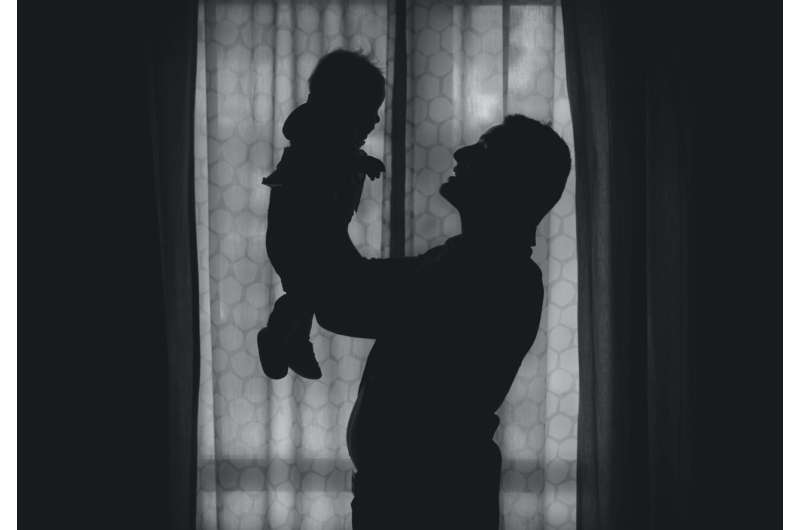This article has been reviewed according to Science X's editorial process and policies. Editors have highlighted the following attributes while ensuring the content's credibility:
fact-checked
peer-reviewed publication
trusted source
proofread
Q&A: Researcher discusses adverse childhood events and risk of head or neck injury and concussion

Altaf Saadi, MD, MSc, principal investigator of the Neurodisparities & Health Justice Lab in the Department of Neurology at Mass General and an assistant professor of Neurology at Harvard Medical School, is lead author of a new study in the Journal of Head Trauma and Rehabilitation, titled "Examining the Association Between Adverse Childhood Experiences and Lifetime History of Head or Neck Injury or Concussion in Children From the United States." In this Q&A, he discusses the findings.
What question were you investigating?
Is there an association between adverse childhood experiences (ACEs) and a history of early childhood mild head or neck injury and concussion?
What methods or techniques did you use to investigate?
We looked at a nationally representative cohort of data from 11,230 children (ages 9 and 10) who are enrolled in the Adolescent Brain Cognitive Development (ABCD) Study.
ACEs are traumatic or stressful events experienced during the first 18 years of life that can have negative physical and mental health consequences later in life.
For this study, we measured eight ACEs:
- Sexual abuse
- Physical abuse
- Emotional neglect
- Parent domestic violence
- Parent substance use disorder
- Parent mental illness
- Parent criminal involvement
- Parent divorce
The primary oucomes were:
- Head or neck injury
- Concussion
What were your findings?
Having a higher overall ACE count was associated with higher odds of experiencing a head or neck injury and concussion, and that likelihood increased when more ACEs were reported.
- Children with two ACEs had 24% greater odds of head or neck injury and 64% greater odds of concussion
- Children with four or more ACEs had 70% greater odds of head or neck injury and 140% greater odds of concussion
The individual ACE categories of sexual abuse, parent domestic violence, parent mental illness and parent criminal involvement were significantly associated with increased risk of head or neck injury, and parent mental illness with increased risk of concussion.
What are the clinical implications?
ACEs are associated with early childhood head and neck injury or mild concussion and should be integrated into head injury prevention and intervention efforts.
ACEs are associated with many adverse health and psychosocial outcomes during childhood, adolescence and adulthood. This study adds one more negative outcome to the list (increased risk of head and neck injury or concussion) and further emphasizes the need for more efforts to reduce the prevalence of ACEs.
More information: Altaf Saadi et al, Examining the Association Between Adverse Childhood Experiences and Lifetime History of Head or Neck Injury and Concussion in Children From the United States, Journal of Head Trauma Rehabilitation (2023). DOI: 10.1097/HTR.0000000000000883





















